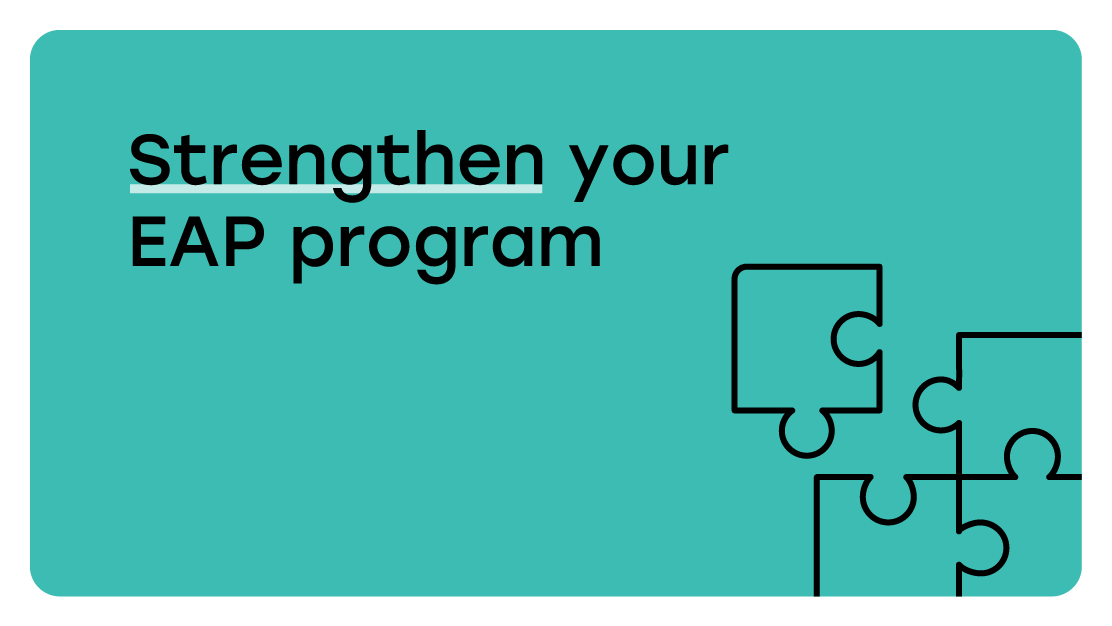Most marriages begin with love and mutual respect. No one goes into marriage intending it to end in divorce. But with studies now suggesting that 33% of all marriages in Australia are expected to end in divorce, most people will likely feel the impacts of a separation at some point in their lives. If you are a friend or family member of a loved one going through a breakup, you likely need to protect, nurture and support them through the challenges ahead.
Rushing in to take sides and give advice is often our instinct. However, there are better ways to approach things. While there is no quick fix to ease the pressure of your loved one’s relationship breakdown, there are ways you can offer proactive and practical support.
So what should we do – and not do – if we want to help our friend? Here are some guidelines that may help.
Share The Separation Guide Q&A
The Separation Guide is a resource designed to support your friend or loved one through all aspects of their separation, from before they separate to finalising their split and beyond.
Our research shows that early education and access to the right advice from qualified professionals can make a separation quicker, more straightforward, less costly and less stressful.
According to our Impact Survey, the people who used The Separation Guide resources and engaged with our network’s ethical, trustworthy professionals had better outcomes on every metric.
> Our clients saved 52% on costs
> They reached a resolution 24% faster
> Their stress reduced by 11%
> The impact at work decreased by 25%
The first step to a better separation for your friend, family member or colleague is to complete our 3-minute Q&A for access to our free Support Hub, with information about separation and connection to the professionals they will need. You can have a significant impact on their separation by sharing the link.
Share the Q&A
Be there for them and listen
When a friend or family member confides in us, we can feel pressure to offer wise counsel to prove their trust in us was not misplaced. But often, that’s different from what they need. In fact, our friend or loved one may resent advice that wasn’t asked for or the presumption that we immediately have the solution for a painful, complex issue.
Very often, someone going through separation wants to be comforted and heard. We can best support them by remembering we are not trained counsellors and focus instead on what friends do best: listen, hug them, and let them know you will be there for them as they work through this.
Offer empathy
Offering empathy is a powerful way to help someone experiencing a separation. You can show constructive empathy by focusing the discussion on your hurting loved one’s feelings – not on their partner or what may have occurred for the relationship breakdown. People experiencing separation are bound to feel a world of emotions. Someone well-versed in supporting people will know not to fuel the emotional flame and to listen objectively without offering too much opinion.
Try to understand the waves of emotion and uncertainty they are feeling and let them know their feelings are perfectly valid. You could say things like:
“I’m sorry you have to go through something so painful.”
“I’m guessing you’re really confused right now.”
“It sounds like you’re extremely hurt and disappointed. I would be, too.”
Offer perspective
A good friend and confidant who knows the couple well can speak life and hope into the situation by offering a more balanced perspective.
In contrast to giving advice, offering perspective is not directive or pushy, nor should it diminish your loved one’s experience with statements like “it could be worse” or “at least you’ve got your health.”
It’s a much more sensitive approach to listen and ensure the hurting friend feels heard and understood before gently suggesting alternative, more positive ways of looking at the situation.
Don’t underestimate the value to your friend of feeling heard and understood and of knowing they have a trusted friend who cares about them – and who also cares about their marriage.
Show your support
This has a caveat. When you support a friend or family member during a divorce, the best way is to champion them and build them up without tearing down their former partner.
Putting on the boxing gloves and launching into ‘I always hated them, you always deserved better…’ will build a wall of negativity.
Instead, say: ‘You’re a great person. You’re strong, and we will get through this together. Would you like to have dinner tomorrow? I am always here to listen whenever you need me. In a year, this will feel better. What do you need? I care for you.”
Don’t offer uneducated advice
Unless you are a qualified expert or have experienced an identical separation yourself, it is unlikely that you can comprehend the depth of your loved one’s experience.
People in support roles tend to problem-solve to make themselves feel useful, but offering unsolicited advice may create unforeseen problems later.
The best way to offer advice is to do a little digging into professional services that can help them navigate the path of separation most effectively and amicably. Friends help friends find the help they need.
Accredited Mediator Jack Whelan explains, One of the biggest mistakes people going through a separation process make is taking advice from friends and (well-meaning) family who do not understand the law”. He advises to get their support but “don’t take their advice, as every relationship is different”.
Provide practical help
Your friend or family member may struggle to juggle the practical aspects of life after separation. Sometimes, they may need help with some of the practical aspects of their new life but may not be able to ask for support or know how to respond if you ask, “What do you need?”
Some practical things you could offer are
- a place to stay if they are still living with their former partner and need some space
- to drop off or pick up children from school to help with a change in routine
- babysitting so they can have some time to themselves for exercise or a hobby
- a meal so they don’t have to organise food for themselves every day.
Often, practical help comes thick and fast in the early days of separation and then dries up just as the grind of daily life sets in. If you can, make your practical help part of your weekly routine so your friend or loved one knows they can rely on you. This can provide them with some peace of mind and take away some of their stress and mental load.
Click here to view the list of our resources and tools to help your friend or family members.
Key takeaways
-
- Support friends or family going through a divorce by building them up without tearing down their former partner.
- Assist with practical tasks, such as offering a place to stay, helping with child care, or providing meals.
- Offer a listening ear rather than unsolicited advice. Comfort and hear them out, providing emotional support without judgement.
- Show empathy by acknowledging their feelings and validating their emotions.
- Help them see a more balanced perspective without diminishing their feelings and avoid dismissive statements.
- Promote the use of resources like The Separation Guide for professional advice and support
The Separation Guide aims to make separation and divorce simpler, more manageable and less stressful. To find out more about how one of our Network Members could support your separation, take our free 3-minute Q&A.
Disclaimer
The information in our resources is general only. Consider getting in touch with a professional adviser if you need support with your legal, financial or wellbeing needs.






























